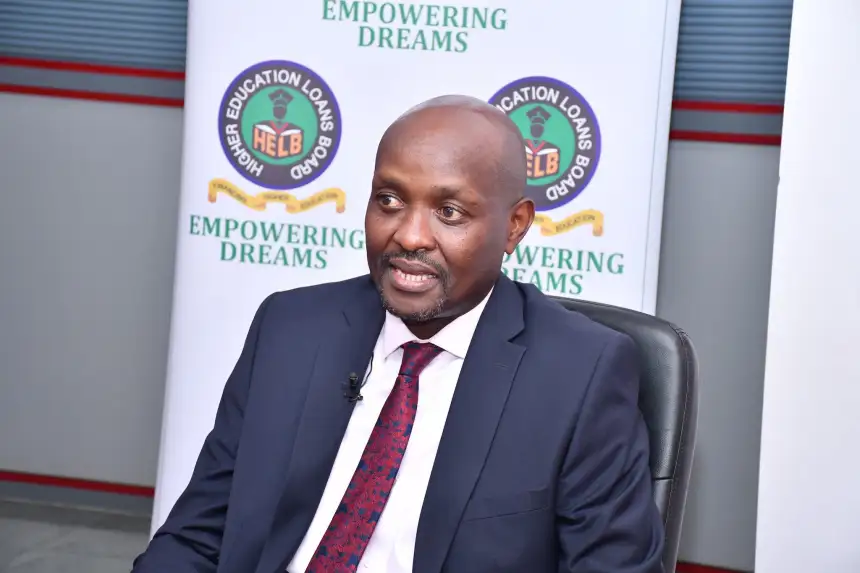The Higher Education Loans Board (HELB) is currently experiencing a significant financial deficit, resulting in 163,488 eligible students in public universities and Technical and Vocational Education Training (TVET) colleges being unable to access government funding for the upcoming academic year, which commences in August.
HELB Chief Executive, Geoffrey Monari, reported these figures yesterday to the National Assembly Committee on Education. The unfunded cohort includes 103,214 university students and 60,274 TVET institution enrollees. These students had applied for and qualified for the funding.
The agency recorded a Ksh11.5 billion shortfall for university students and a Ksh2.2 billion requirement for qualified TVET applicants in the previous fiscal year.
For the 2024/25 financial year, HELB projects a total loan demand of Ksh48.18 billion, with an anticipated deficit of Ksh13.7 billion. This substantial gap is attributed to increased enrolment and heightened loan demand under the recently implemented student-centred funding model.
ALSO READ:
Auditor expose loss of billions in ghost school, student scandal amid Ksh117B capitation shortfall
Monari emphasized the severe implications of this funding crisis.
“This threatens the national transition rate to tertiary education, weakening the efforts by the government to build a skilled and competitive workforce.” he stated
He further cautioned that a significant number of students might be compelled to defer or abandon their studies, thereby reversing progress in expanding access to education.
During the financial year under review, Helb received 713,173 applications but could only fund 322,338 university students and 225,048 TVET trainees.
A standard university loan applicant receives between Ksh35,000 and Ksh60,000 per academic year, with Ksh 8,000 directly allocated as tuition fees to the institution and the remainder disbursed to the student in two equal tranches.
HELB operates as a revolving fund, contingent upon beneficiaries repaying their loans post-graduation to support subsequent student cohorts. However, the agency’s ability to sustain this model has been compromised by a growing number of defaulters.
ALSO READ:
Train more science, sports teachers for Grade 10, principal tells Govt
While HELB recovered Ksh5.21 billion in the 2024/25 financial year, an 11 percent increase from the previous year’s Ksh 4.71 billion, this improvement is insufficient to address the current deficit. Monari noted that field inspections and employer audits led to the tracing of 17,647 defaulters, with Ksh 285.2 million recovered from payroll reductions.
The persistent high defaulter rate, coupled with state funding that has not kept pace with increasing enrolment, necessitates a revised strategy. Helb projects a deficit of Ksh 36.1 billion in the current fiscal year, impacting 468,238 students.
In February, Higher Education Principal Secretary Beatrice Inyangala indicated to the National Assembly that the government’s long-term plan involves a gradual shift away from reliance on Exchequer funding, with Helb transitioning to a social bond financing model.
By Cornelius Korir
You can also follow our social media pages on Twitter: Education News KE and Facebook: Education News Newspaper for timely updates.
>>> Click here to stay up-to-date with trending regional stories
>>> Click here to read more informed opinions on the country’s education landscape






